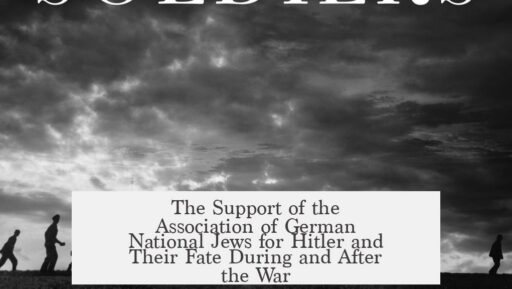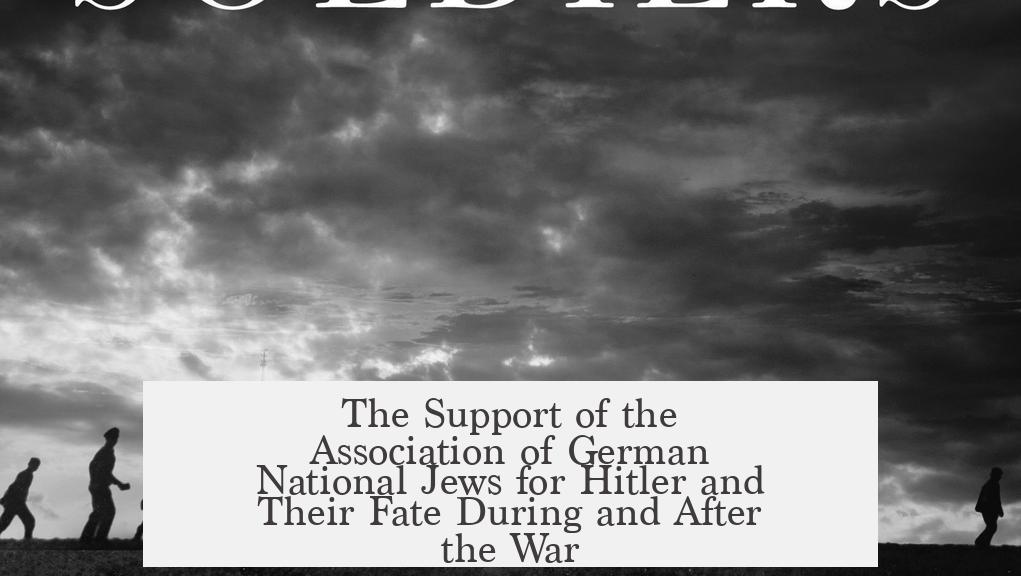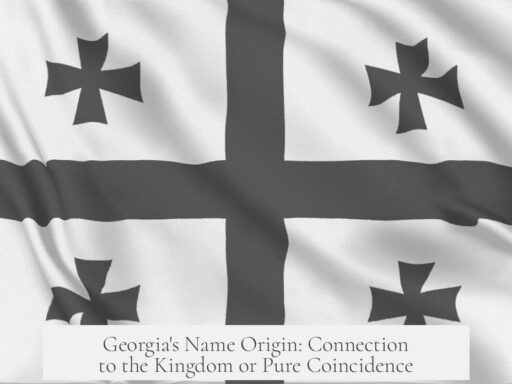The Association of German National Jews, also known as the Verband Nationaldeutscher Juden, supported Hitler primarily because it advocated for the complete assimilation of Jews into German national identity and shared many right-wing nationalist ideals. Founded in 1921 by Max Naumann, a Jewish World War I officer, the Verband saw its members as Germans first rather than Jews. They promoted a blood-and-soil nationalism, wished to restore Germany’s honor, opposed Bolshevism and liberalism, and expressed cultural chauvinism against Eastern Europeans and non-Germans.
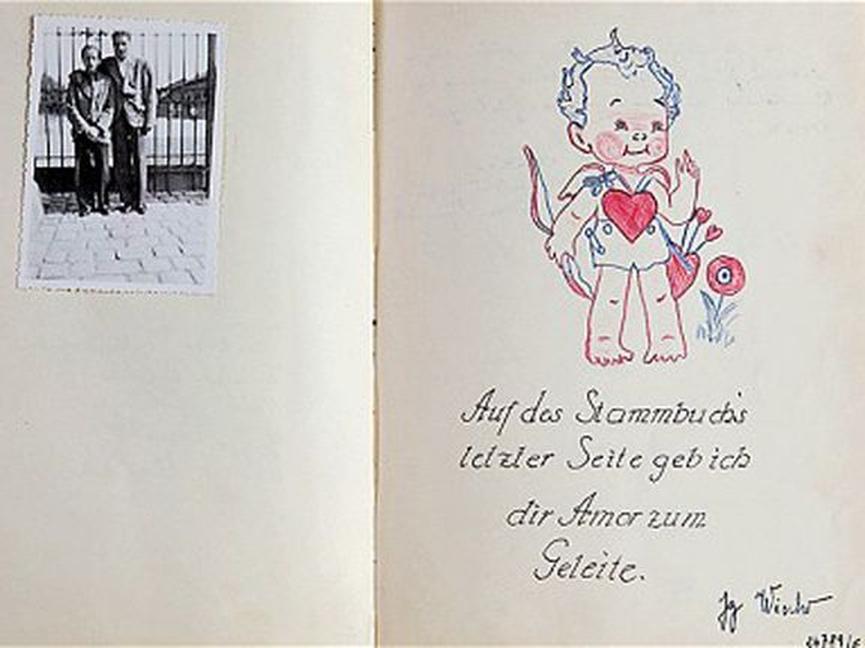
The Verband especially resented Eastern-European Jews, viewing them as uncivilized due to their retention of distinct Jewish cultural practices. Naumann and his followers urged Jewish peers to overlook the antisemitic elements of Nazism, arguing the movement had other redeeming traits and lamenting that it would gain more support if antisemitism was removed.
Once Hitler came to power, the Verband focused on countering Jewish opposition to the Nazi regime and advocating for the rights of assimilated German Jews. Naumann publicly denied discrimination against Jews during the early Nazi years and praised attacks on non-assimilated and Eastern-European Jews. The Verband opposed boycotts of German goods and other actions that weakened the Nazis.
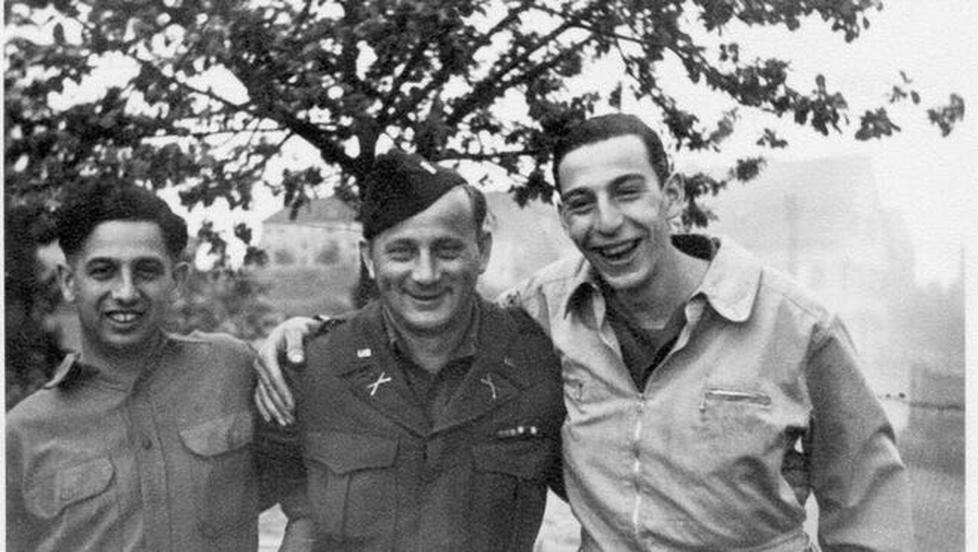
However, increasing Nazi racial laws and antisemitic measures led to growing disillusionment. By 1933, Naumann challenged Nazi officials like Hermann Göring about violence against Jews. The 1935 anti-Jewish laws banning Jews from flying the German flag and excluding them from the military deeply offended Verband members, undermining their nationalist ideals.
The Nazi regime’s tolerance ran out in 1935: Naumann was arrested by the Gestapo and the Verband was dissolved. Naumann died in 1939 after brief internment. Other members faced the same fate as German Jews under Nazism—many fled, many perished in the Holocaust, and some survived the war.
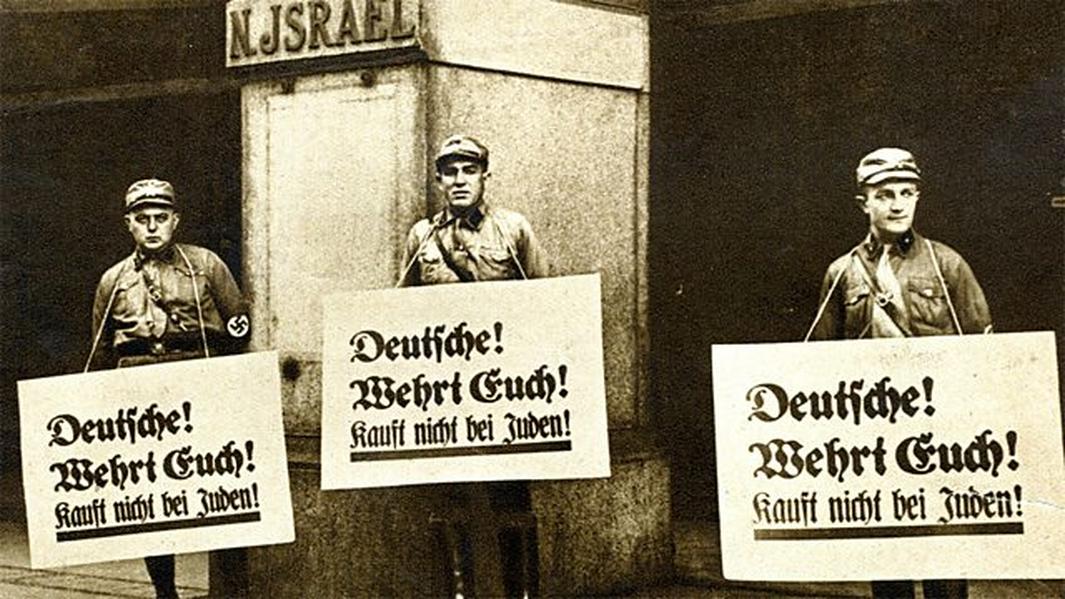
After World War II, some former pro-Nazi Jews continued their political activities. For example, Hans-Joachim Schoeps returned to academia in West Germany and maintained far-right views, associating with former Nazis and conservative nationalist groups.
- The Verband was a small group of ultra-nationalist German Jews advocating assimilation and nationalism.
- They supported Hitler due to shared nationalist and anti-liberal beliefs, despite antisemitism.
- Disillusionment grew as Nazi racial laws increasingly targeted Jews, including assimilated ones.
- Gestapo arrested Naumann in 1935; the Verband was dissolved and many members faced persecution.
- Some former members remained politically active on the far right after the war.
Why Did the Association of German National Jews Support Hitler? What Happened to Them During and After the War?
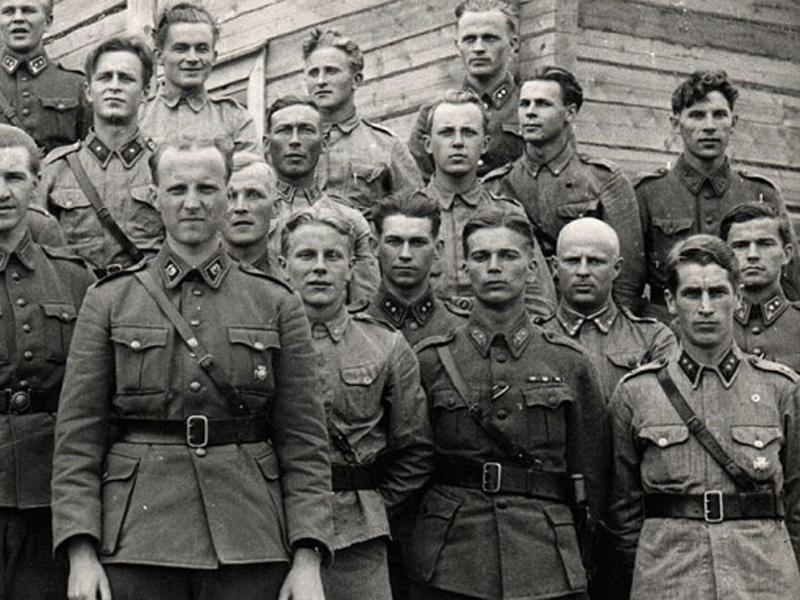
The question sounds almost like a plot twist in a history thriller: Why would a Jewish association support Hitler? It seems counterintuitive at first glance, but when we dive into the story of the Verband Nationaldeutscher Juden (the Association of German National Jews), the shaded complexities of identity, ideology, and survival emerge. Let’s unpack this layered narrative.
The Verband Nationaldeutscher Juden, founded in 1921 by Max Naumann, a Jewish World War I officer, stood apart from the mainstream Jewish community. This organization was small but vociferous. Their mission? To embrace complete assimilation. In their eyes, the ideal was not a separate Jewish identity but a singular German one. They wanted to blend in so thoroughly that Jewish culture and ethnicity would effectively vanish – a paradoxical goal driven by intense patriotism for Germany.
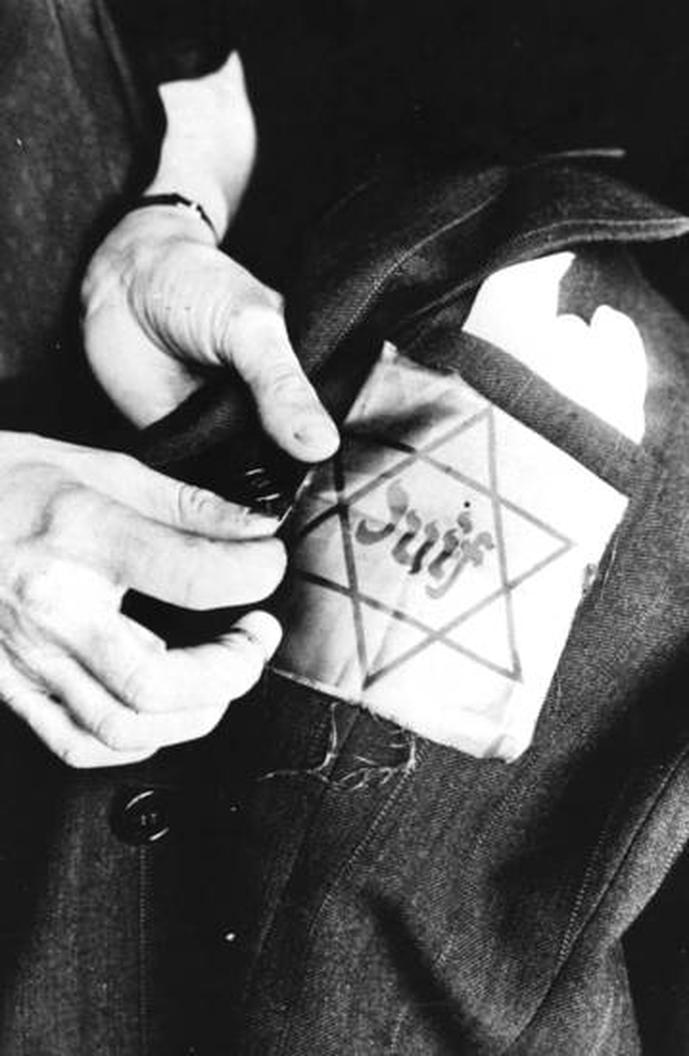
Members of the Verband wore their German identity first and their Jewish heritage second, if at all. This stance was radical, even within Jewish circles. They believed that loyalty to Germany required shedding the cultural markers that separated them from other Germans.
So, why support Hitler, a figure soon notorious for vehement antisemitism? The answer lies partly in shared ideological threads. The Verband resonated strongly with the right-wing nationalistic currents ripping through post-WWI Germany. The group echoed Hitler’s blood and soil rhetoric, championing the revival of Germany’s honor and reputation. They opposed Bolshevism and liberalism just as fiercely as the National Socialists did. Their cultural chauvinism, especially against Eastern Europeans and non-Germans, paralleled Nazi views.
They also harbored intense resentment against Eastern-European Jews living in Germany. This was not simple ethnic rivalry but a disdain for what they considered “uncivilized” and “half-Asian” traits in those Jews who clung tightly to tradition and culture. To the Verband, those Jews were more foreign than German.
Interestingly, Naumann and his followers often urged their peers to overlook the rising antisemitism of Nazism – a call for pragmatic blindness. They believed that if Hitler dropped antisemitism from his political platform, National Socialism would have won even broader support. Some even applauded Nazi actions against non-assimilated Jews, embodying a strange alliance of convenience and ideology.
When Hitler took power in 1933, the Verband shifted focus. Its primary goals became rebuffing Jewish opposition to the Nazi regime and advocating for the rights of Jews who identified as Germans. Naumann publicly denied that Jews faced discrimination, particularly in the early Nazi period, while supporting attacks on Eastern-European and non-assimilated Jews. The Verband opposed Jewish-led boycotts on German goods and actions that threatened the Nazi state.
This raises the burning question: Did they believe Hitler wouldn’t hurt them? To some extent, yes. To them, their version of Jewishness was aligned with German nationalism, so they hoped for acceptance and recognition.
But the harsh reality caught up quickly. The Nazis rolled out racial laws that redefined Jewish identity not by personal assimilation but by ancestry – a blunt instrument that did not care about one’s self-identification. This racial policy clashed violently with the Verband’s ideals.
By 1933, cracks appeared. Naumann voiced public protest against Goering’s claims that no violence was committed against Jews—highlighting growing disillusionment. By 1935, the Verband openly opposed laws banning Jews from displaying the German flag and from joining the Wehrmacht (German military), deeply insulting to hyper-patriots.
The Nazi leadership soon had enough. Naumann was arrested by the Gestapo in 1935, effectively ending the Verband’s existence. He endured brief incarceration before dying of cancer in 1939—his hopes crushed by the very regime he once supported.
The fate of other Verband members mirrored the grim reality confronting all German Jews under Nazi rule. Many fled when possible, some perished in the Holocaust, and a few survived by sheer luck or resilience. The dream of full assimilation into a nationalist Germany twisted into nightmares of persecution.
What happened after the war? While detailed histories of former Verband members are scarce, the example of Hans-Joachim Schoeps—a Jewish academic and Nazi sympathizer—offers insight. Schoeps returned to academia in West Germany and maintained far-right politics, mingling with ex-Nazis in conservative circles. This trajectory shows the complex, sometimes disturbing persistence of nationalist ideologies even after such catastrophic failure.
So, what can we learn from the story of the Association of German National Jews?
- Identity is complicated. The Verband’s attempt at erasing their Jewishness to become “fully” German backfired tragically. It reveals how identity politics can spin on a dangerous axis of loyalty and survival.
- Extremism can blind. Their readiness to ignore brutal antisemitism in hopes of political recovery underscores how ideology can cloud judgment.
- Assimilation doesn’t guarantee safety. Nazi racial laws made no exceptions. No amount of patriotism could shield them.
- History resists simple narratives. We cannot reduce all Jews in Nazi Germany to victims or heroes; some, like the Verband, chose a different, fraught path.
Have you ever wondered how identity and politics twist in extreme times? The Verband tells a cautionary tale about the perils of sacrificing heritage for acceptance—and the danger of trusting a regime bent on erasing you.
In the end, the Association of German National Jews is an unsettling chapter in history. It shows that support for a regime like the Nazis can arise from complex motives—not always pure or straightforward—and that consequences can be devastating, no matter the intent.
